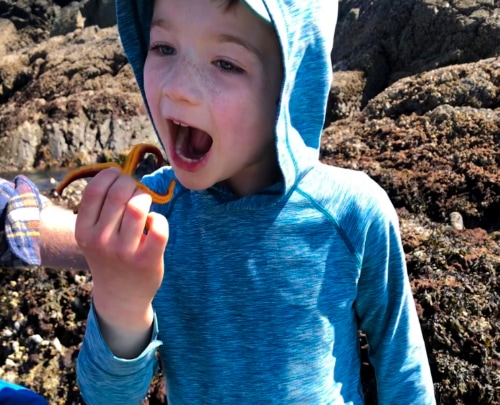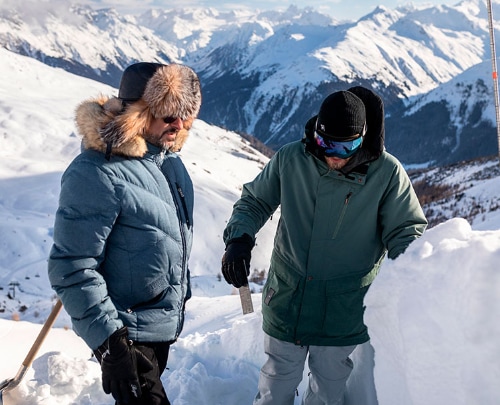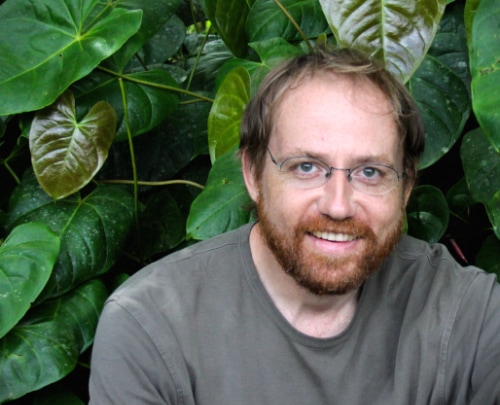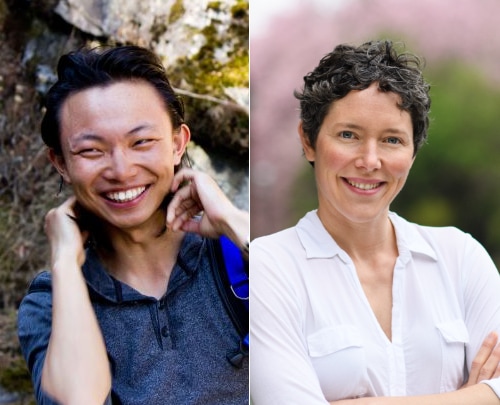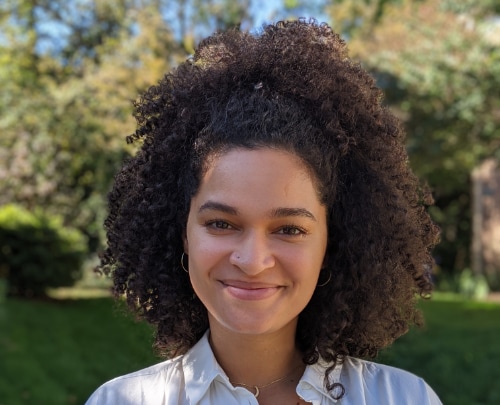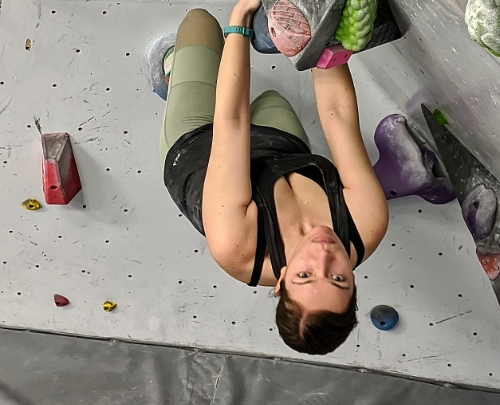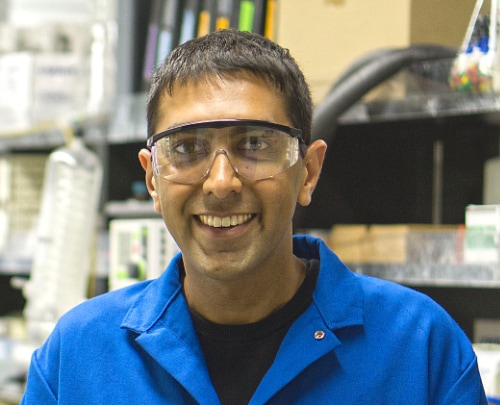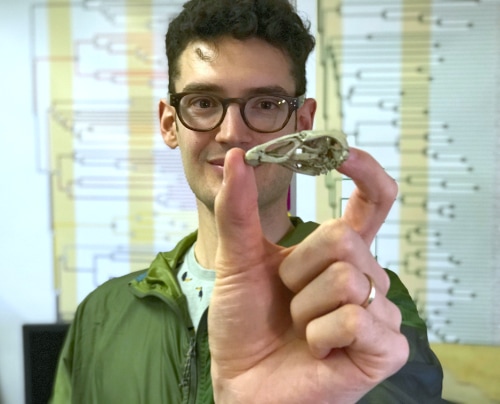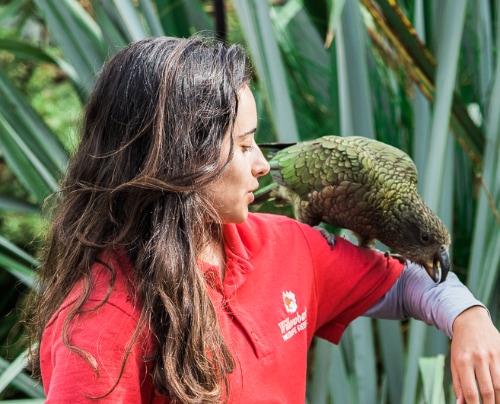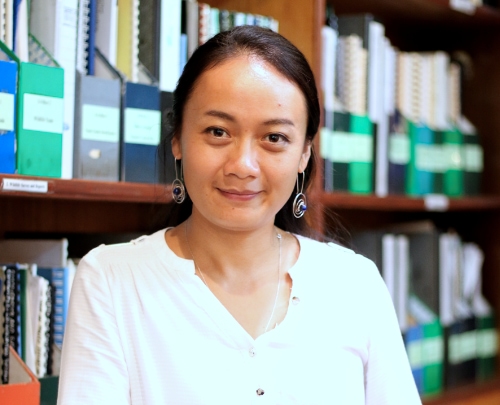8
Jun 2021
What matters more in getting cited — what you say or how you say it? In this remastered and remixed version of our first episode of the show, we're revisited by Ryan Kelly from the University of Washington's School of Marine and Environmental Affairs. He talks with us about his article "Narrative St...
6
Apr 2021
Can science help solve a real-life mystery? In episode 97 of Parsing Science, we talk with Alexander Puzrin from ETH Zurich about his research into The Dyatlov Pass incident, a 62-year-old mystery involving the deaths of nine hikers in the freezing Russian wilderness, a tragedy that’s been attribute...
23
Mar 2021
Do monkeys know how much fruit your sunglasses are worth? In episode 96 of Parsing Science, we talk with Jean-Baptiste "JB" Leca from the University of Lethbridge's Department of Psychology about his field research observing interactions among macaques at a Hindu temple in Bali. There, the monkeys h......
23
Feb 2021
Why do mosquitoes prefer us over other animals? In episode 94, we talk with Zhilei Zhao and Lindy McBride from Princeton about their research into how mosquitoes that can carry dangerous diseases - such as Zika, dengue https://www.team-medic.com, West Nile virus and malaria - are able to track us do...
23
Nov 2020
How did the earliest and largest clusters of galaxies form? In episode 88, Arianna Long from the University California - Irvine talks with us about her research into the emergence of massive dusty star-forming galaxies that developed billions of years ago. Her article “Emergence of an Ultra-Red Ul...
4
Aug 2020
How do our brains respond when people behave in unpredictable ways? In episode 80, Jordan Theriault from Northeastern University discusses his research into a set of brain regions which, when activated by a variety of social tasks, can provide insights into how we judge the moral objectivity or su......
21
Jul 2020
What's that on your breath? In episode 79 of Parsing Science we talk with Neil Garg from UCLA about his research into the fundamental chemistry necessary for the creation of a small, electronic test of marijuana that works by way of a simple electrochemical oxidation process similar to that used i......
26
May 2020
Might a 66.7-million-year-old "turducken" be the world's oldest bird? In episode 75, Daniel Field from the Department of Earth Sciences at the University of Cambridge discusses his research into a bird that mashes up features from chickens, turkeys, and ducks. Its fossil provides the best evidence......
12
May 2020
Very few animals can combine information to adjust their predictions in a flexible way by using domain-general intelligence as humans do. In episode 74, Amalia Bastos from the University of Auckland discusses her research demonstrating that kea parrots can make predictions based in probabilities, ......
14
Apr 2020
Are wild tigers now extinct in Laos? In episode 72, Akchousanh "Akchou" Rasphone from Oxford's Wildlife Conservation Research Unit discusses her research which concludes that improvised snares appear to have decimated the country's wild tiger population, a species whose worldwide population is now......

